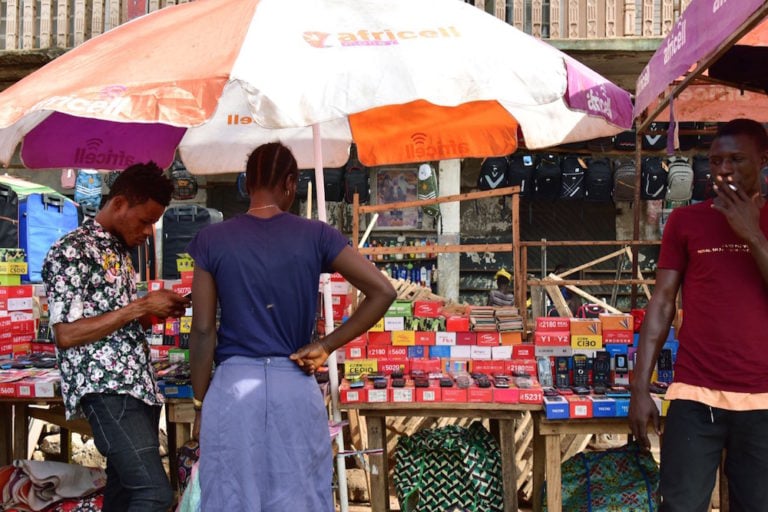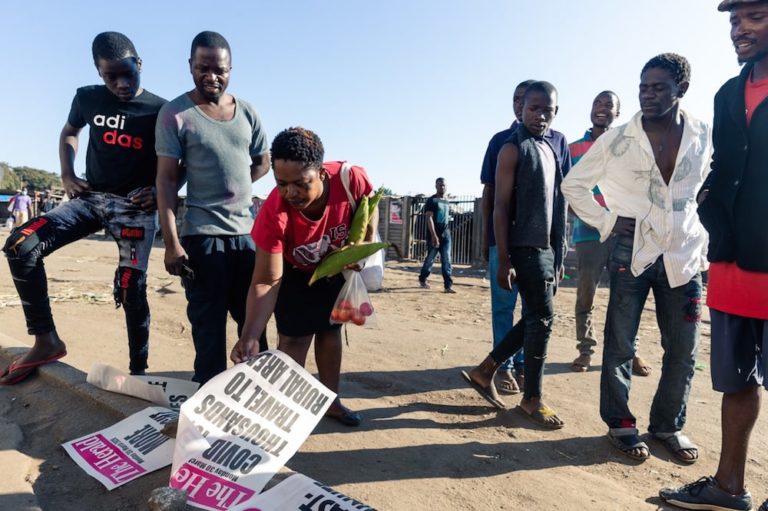(MISA/IFEX) – According to MISA, on 12 October 1998, the editor of the “Namibian” newspaper, Gwen Lister, expressed concern that press freedom in Namibia could be stifled by overzealous supporters of the ruling South West African People’s Organisation (SWAPO). Lister was speaking at a two-day conference marking 100 years of the press in Namibia. **For […]
(MISA/IFEX) – According to MISA, on 12 October 1998, the editor of the
“Namibian” newspaper, Gwen Lister, expressed concern that press freedom in
Namibia could be stifled by overzealous supporters of the ruling South West
African People’s Organisation (SWAPO). Lister was speaking at a two-day
conference marking 100 years of the press in Namibia.
**For background to the harassment of independent media in Namibia, see
recent IFEX alerts**
In her paper on the relationship between the government and the independent
media, Lister expressed concern that members of the public, specifically
supporters of SWAPO, had started accusing the independent press of having an
anti-government agenda. She said these supporters had shown intolerance,
most particularly after the independent media exposed Namibia’s involvement
in the civil war in the Democratic Republic of Congo (DRC). Initial reports
by the media on Namibia’s involvement in the DRC were consistently denied by
government officials. The government eventually acknowledged it’s role in
the civil war only several weeks after it was reported in the media. At the
same time as this acknowledgment, however, President Sam Nujoma lashed out
at the media, accusing it of spreading distorted facts concerning the
conflict in the DRC.
In her paper, Lister noted that although press freedom remained conducive in
Namibia, there was uncertainty as to how long it would last. Lister’s
remarks came less than two weeks after SWAPO supporters maligned her and
others who were perceived to be critical of a third term for President
Nujoma. At a demonstration in support of the proposed third term at Oshana
(in northern Namibia) on 5 October, several SWAPO supporters brandished
posters labelling Lister “a revisionist and political prostitute.” Such
personal attacks on members of the independent media in Namibia have not
been uncommon, particularly from government officials. In its 1997 report on
human rights in Namibia, the National Society for Human Rights (NSHR) noted
that there had been 23 incidents of serious infringements on freedom of
expression or opinion on the part of high ranking public officials between
June 1997 and July 1998. The NSHR added that 17 of these incidents
constituted acts of intolerance towards the privately-owned print media in
particular.
While intolerance from the government towards the private media does not
seem to be abating, the ruling SWAPO party has been openly abusing the
public media for its own political ends. The “Namibian” newspaper reported
that on 28 September, SWAPO took the unprecedented step of using the state
broadcaster to justify a third term for President Nujoma. Party
Secretary-General Hifikepunye Pohamba appeared before the 8 p.m. news (local
time) on the Namibian Broadcasting Corporation (NBC-TV) to make a lengthy
statement which concluded with a call for Namibians to vote en masse for
Nujoma during next year’s presidential elections.


